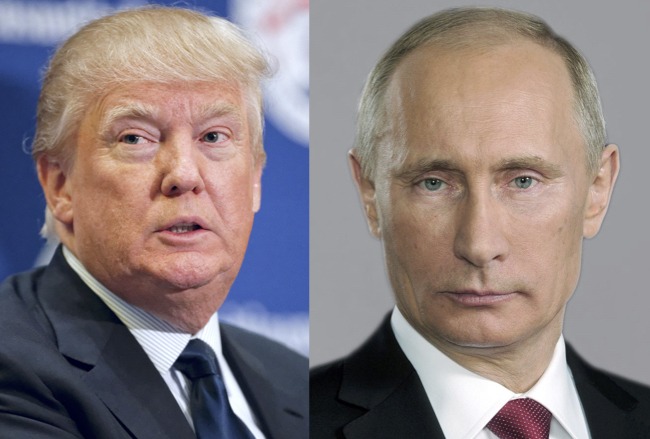U.S. missiles did as little damage in Syria as possible, and Russia chose not to use S-400 defense

Donald Trump ordered the United States military to fire fifty or more powerful Tomahawk missiles into Syria tonight, creating visibly explosive fireworks in what looked on TV to be an overwhelming response to Bashar al-Assad’s chemical gas attack on his own people. But a closer examination reveals that the U.S. missiles inflicted minimal damage. And despite Russia’s built in ability to have blown those missiles out of the sky, it chose not to do so – suggesting this was all mere military theater.
The U.S. Tomahawk missiles used in the attack could have been struck down by the S-300 and S-400 surface-to-air weaponry which Russia already had in place in Syria, specifically to defend against this kind of attack (source: Washington Post). But Russia chose not to do so. That suggests Russia knew in advance that the U.S. missiles would not be imposing serious damage. Russia could only have known this if the U.S. told it as much in advance.
Accordingly, NBC News is reporting on-air tonight that at least one Syrian air base, the U.S. strike only took out planes and fueling stations, while leaving the two airstrips fully intact. The airstrips would have required significant reconstruction, but the equipment can theoretically be replaced tomorrow if Russia opts to bring in replacements. So with the airstrips intact, the Syrian air force is still fully in business.
Tonight’s U.S. attack seemed tailor made to look fierce to casual viewers at home, while inflicting as little real damage to Assad’s air force capability as possible. Trump went out of his way not to substantially impair Assad, and in return Russia decided not to defend the attack on its close ally Syria. For that matter, Russia seemed to have already known what the U.S. would hit when it made the decision not to take out the incoming missiles.
Regardless of any public jawing between the U.S. and Russia tonight, this reeks of carefully crafted military theater. I explore their likely motivation in detail here. Palmer Report calls on the relevant Senate oversight committees to investigate. Contribute to Palmer Report
Not My President • Impeach Trump Now
